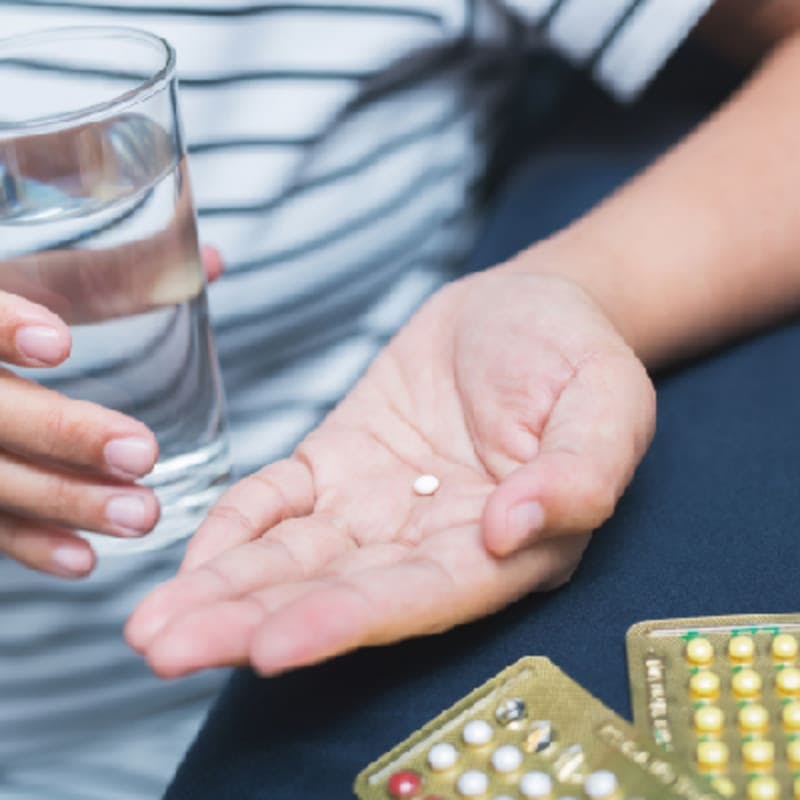The combined contraceptive pill is the most popular method of birth control in the UK. With perfect use, it can be up to 99.9% effective.
Understanding how best to use the pill, and which type is best for you, will help ensure that you are comfortable with this method of contraception. Understand how best to use the pill with our definitive guide.
